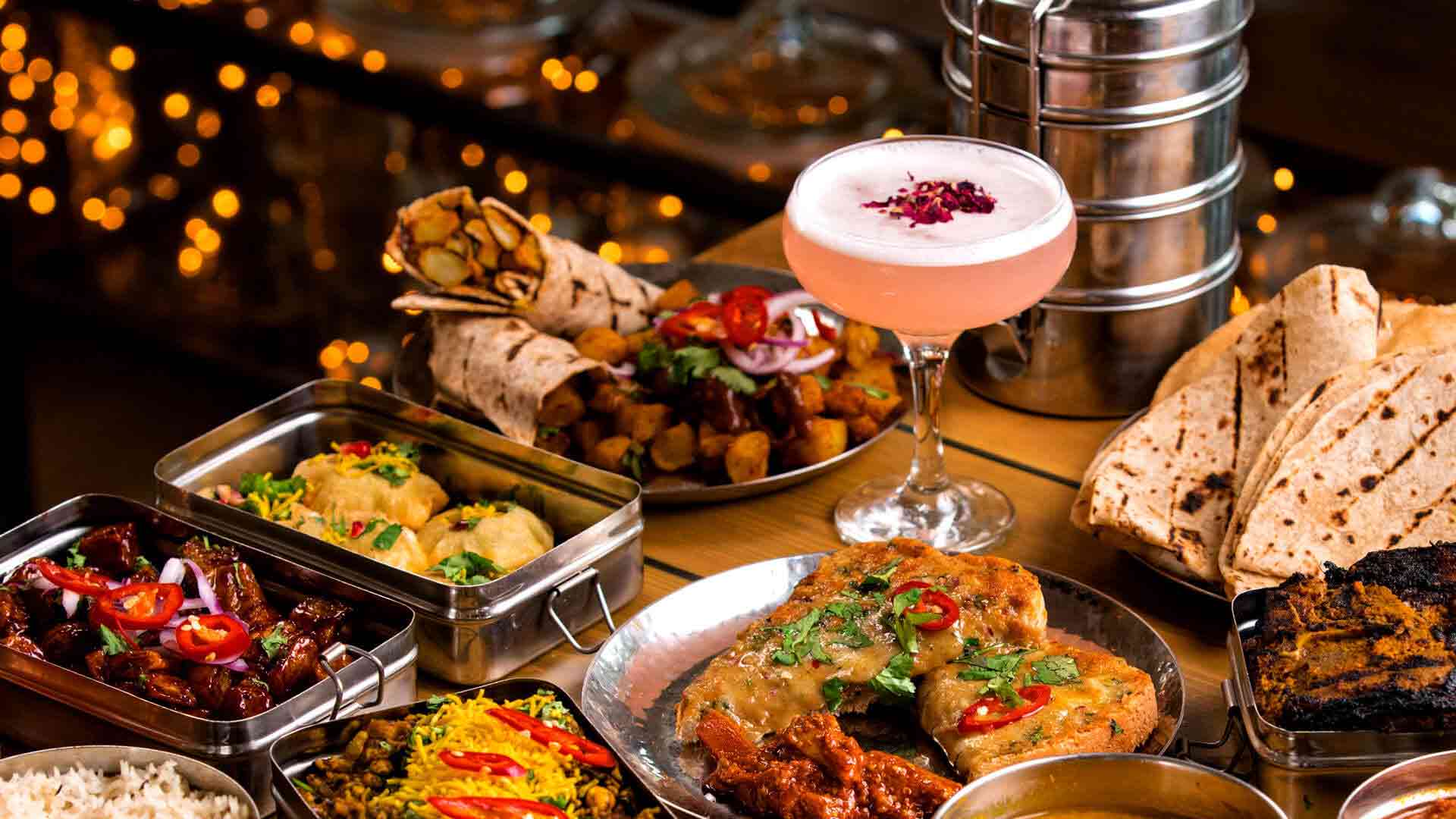Palates of the Privileged

Palates of the Privileged
The phrase "Palates of the Privileged" conjures images of exclusivity, of tastes refined by access and affluence, setting them apart from the everyday. It speaks to a world where culinary experiences are not merely sustenance, but elaborate performances, curated journeys, and often, status symbols.
For those who inhabit this rarefied sphere, food transcends basic necessity. It becomes an art form, a topic of conversation, and a means of social distinction. This isn't just about eating; it's about the provenance of ingredients, the skill of the chef, the rarity of the vintage, and the entire narrative woven around the dining experience. Think Michelin-starred restaurants where each dish is a meticulously crafted masterpiece, utilizing ingredients sourced from remote corners of the globe – truffles from the Piedmont, saffron from Iran, or Wagyu beef from Japan. The price tags reflect not just the quality of the components, but the dedication to perfection and the often elaborate logistical efforts involved in their acquisition.
The privileged palate is often educated through extensive travel and exposure. They are the ones who have savored authentic Tuscan pasta dishes in a Tuscan villa, debated the nuances of single-malt Scotch in Edinburgh pubs, and explored the vibrant street food cultures of Southeast Asia. This global perspective cultivates a sophisticated understanding of diverse flavors, textures, and culinary traditions. They can discern the subtle differences between various olive oils, appreciate the intricate balance of spices in a complex curry, and identify the terroir of a fine wine. This knowledge is not innate; it is cultivated, nurtured, and often reinforced by the communities they move within.
Furthermore, the concept of "privilege" in relation to taste extends beyond mere financial capacity. It also encompasses access to information and social networks. The privileged are often the first to hear about new culinary trends, exclusive pop-up dinners, or the latest hidden gem restaurant. They are privy to recommendations from renowned chefs, food critics, and fellow gourmands. This network provides a curated filter, guiding their exploration and ensuring their experiences are at the forefront of the gastronomic world. For those seeking to navigate this intricate landscape, resources like a global culinary directory can be invaluable, offering a gateway to a world of diverse tastes and dining opportunities.
The "Palates of the Privileged" also involves a certain adventurousness, a willingness to experiment with the unconventional. They might seek out exotic delicacies, embrace molecular gastronomy, or venture into cuisines that are still relatively unknown to the wider public. This pursuit of novelty is driven by a desire for unique experiences and a constant quest for the next unforgettable meal. It’s about pushing boundaries and discovering tastes that few others have encountered.
However, this discussion also touches upon the inherent inequalities within the food system. While some indulge in ultra-premium ingredients and bespoke dining, many struggle with food insecurity. The "Palates of the Privileged" can serve as a stark reminder of this disparity, highlighting how access to quality food and exceptional culinary experiences is not universal. It prompts reflection on the resources and opportunities that shape our relationship with food, from the farm to the table.
Ultimately, the "Palates of the Privileged" is a multifaceted concept. It signifies a refined appreciation for the art of food, cultivated through knowledge, travel, and access. It represents a world where dining is an exploration, a celebration, and an expression of a particular lifestyle. While it may seem distant from the daily realities of many, it remains a significant aspect of how food is perceived, valued, and experienced in different strata of society.
```